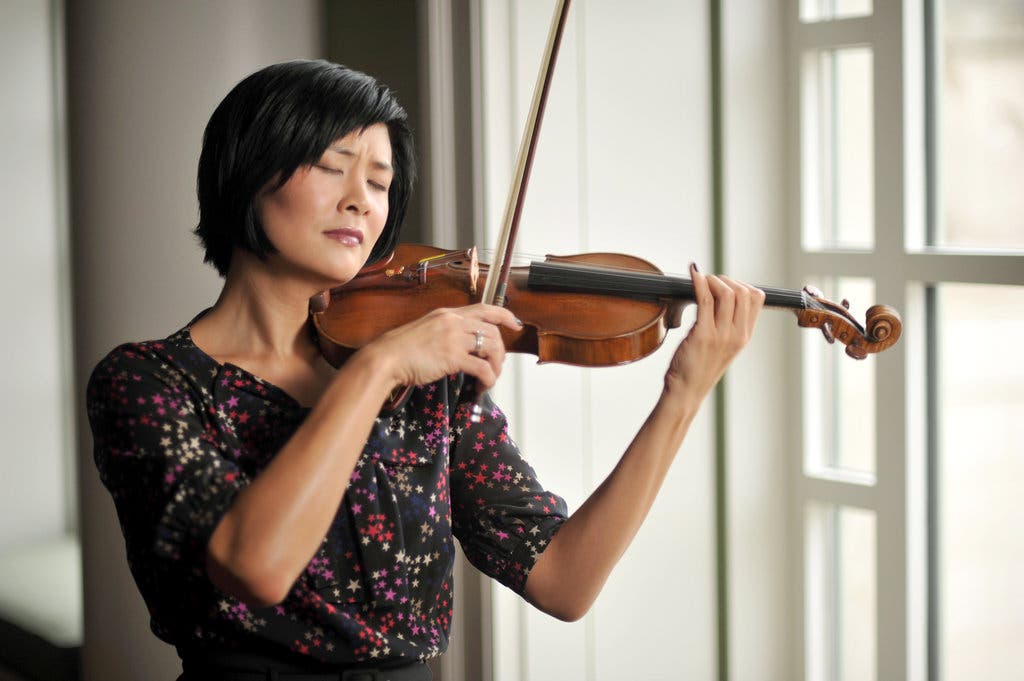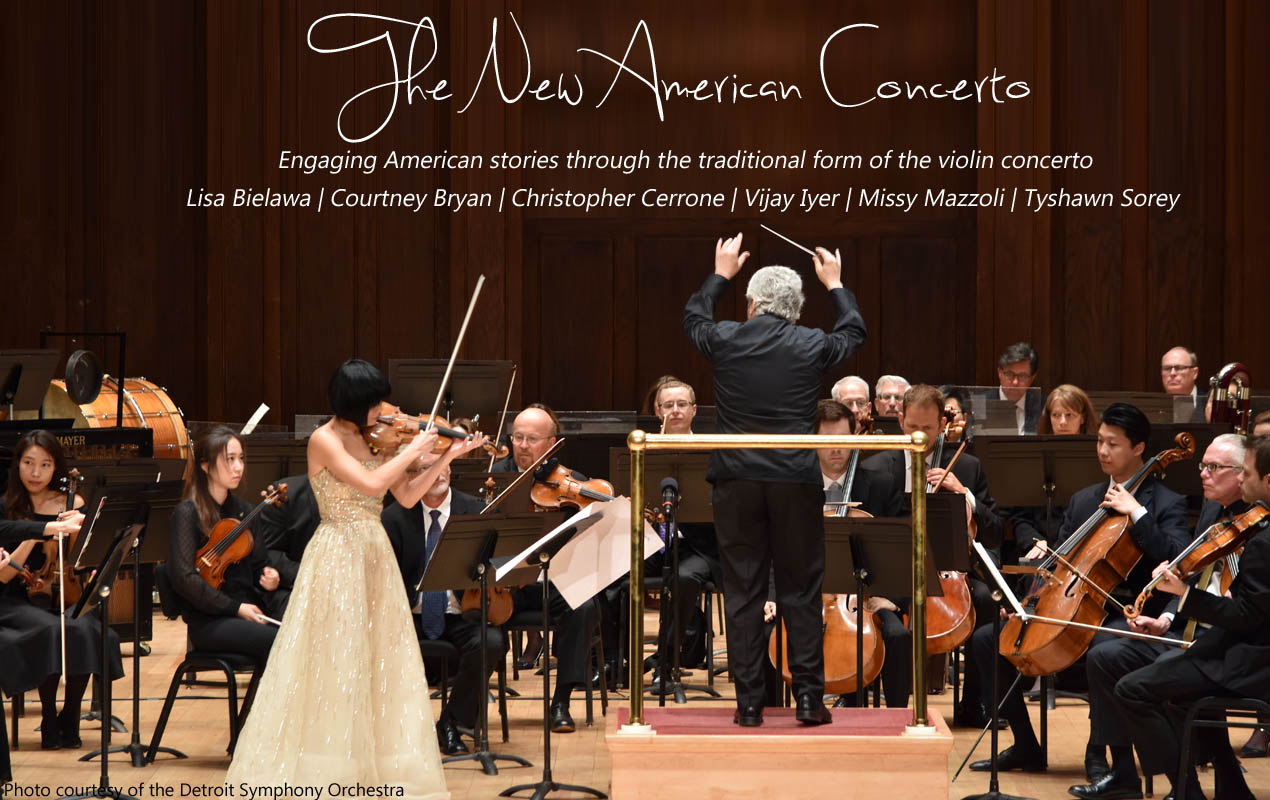JENNIFER KOH IS A VIRTUOSO MUSICIAN, BUT THAT ONLY BEGINS TO TELL HER STORY.
The Korean-American violinist is a force for change and diversity in classical music through her commissioning projects (The New American Concerto, Limitless, and Bridge to Beethoven, among others) and multimedia collaborations. She is also the Founder and Artistic Director of arco collaborative, an artist-driven nonprofit that fosters a better understanding of our world through musical dialogue inspired by ideas and the communities around us.
We sat with her to talk about her inspirations, career and Syzygy, a world-premiere commission by New Orleans-based composer Courtney Bryan written specifically for Koh, just in time for Chicago Sinfonietta’s spring concert Sight + Sound.
 While there are plenty of violinists who are featured soloists with orchestras, there are less who are exploring what music means today in the world and actively pursuing those narratives. What first motivated you to take that expanded view?
While there are plenty of violinists who are featured soloists with orchestras, there are less who are exploring what music means today in the world and actively pursuing those narratives. What first motivated you to take that expanded view?
When I first entered classical music, people were talking about “the death of classical music.” I questioned why that was. Classical music is emotionally visceral and have always thought that classical music reflects who we are emotionally. One of the things about the arts is that in experiencing them, whether it’s through music or a book or a painting, you can leave your everyday existence and engage with people totally different than you. A lot of my work has to do with me asking myself, “How can I best serve my community and my art form?” Classical music is rooted in Europe in a time with certain customs and attitudes, but society has changed, and this art form is a place in which we can advocate for compelling stories that haven’t been heard before. It is a loss to all of us when we don’t hear from those other voices.
Tell me more about what you are trying to accomplish with Syzygy and other commissions where you’ve worked with visionary composers.
I want to reflect what America is today and advocate for great artistic composers who really have something to say and haven’t been heard in the form of a violin concerto. There is something especially compelling about that form, if for no other reason than the violin is the only instrument in the orchestra that has two entire sections. The standard definition of a violin concerto is solo violin and orchestra, but I think that the composers that I’ve worked with so far have really played with that notion and can expand that definition.
 The first of your New American Concerto commissions was with someone who is known primarily in the jazz world and the second was a contemporary music composer. With Courtney Bryan, you’re working with someone who comfortably straddles both worlds. Is this a conscious progression?
The first of your New American Concerto commissions was with someone who is known primarily in the jazz world and the second was a contemporary music composer. With Courtney Bryan, you’re working with someone who comfortably straddles both worlds. Is this a conscious progression?
I don’t look at the world of music in terms of genre. I look at it in terms of great artists. The idea of genre never comes into play for me. All of the composers and artists that I work with have something intriguing to say artistically. And while everything starts with music, I also want to reflect the cultural and social concerns of our time and give voice to ideas that might not have been heard in concert halls before.
How does a commissioning project work? Is it a step-by-step collaboration, or does the composer present you a completed work?
It’s a process. I’m always researching and attending live performances by artists I’m interested in working with. I first head Courtney Bryan’s work at a festival that I was performing at. I was really struck by the storytelling aspect and emotional journey that she is able to create in her writing. I introduced myself and we started conversing via e-mail and phone, then met again in person. Once I issued the commission, another process begins. We study scores together and talk about what a violin concerto is and its particular challenges. We’ve already met several times and will continue to do so between now and the public premiere.
Syzygy will be premiered at the Sinfonietta’s themed Sight + Sound concert. Are you planning a visual component or multimedia work?
I’ve enjoyed working on many multimedia projects, but with these commissions I think it’s important to give the composers the space to work in purely musical terms without the added stress of accommodating an extra component. The music deserves its own premiere.
—Don Macica, contributing writer
